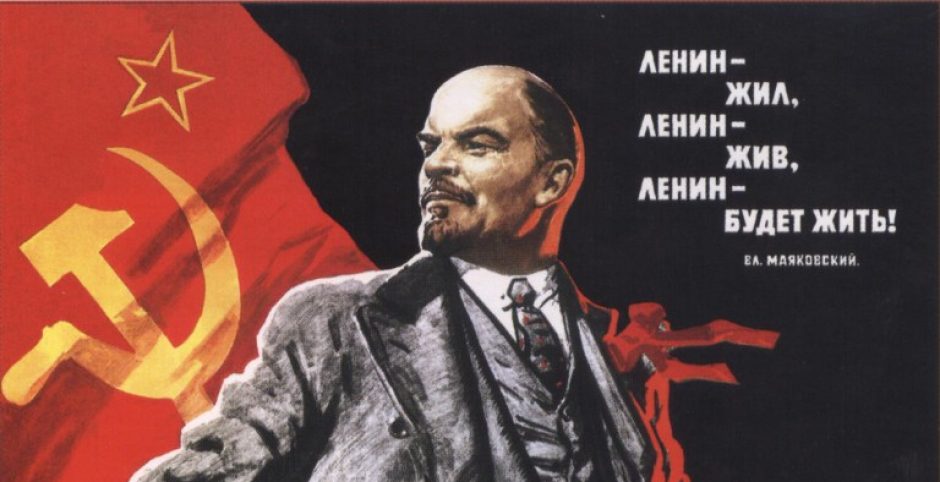According to Riha, “The Soviets view[ed] [Radischev] as the first Russian revolutionary” (261). This seems to conflict with the idea that the Decembrists were the first Russian revolutionaries, as they came decades later. Furthermore, Radischev seems overall a more admirable figure than the Decembrists, and we know that the Soviets were prone to building cults of personality around an individual, even though this seemingly conflicts with Communism. But can Radischev be seen as a revolutionary at all, since he seemed to be an army of one and did not advocate overthrow of the monarchy? And was Catherine responsible for his radicalization, as it was her government that sent him to the West?
-
Recent Posts
Recent Comments
- isgray on Pussy Riot and the Western gaze
- gisherzfe on Russian Cynicism and a Basket Case Mentality
- isgray on Shared Histories and Populism
- gisherzfe on National trauma and the cult of personality
- wolfsje on National trauma and the cult of personality
Archives
Categories
Meta

I would imagine that Radishchev’s time in Europe was very formative and contributed greatly to his radicalism. Upon returning to Russia, Riha notes that Radishchev published a translation of Mably’s Observations sur histoire de la Grece – notably translating the French word for despotism with the Russian word for autocracy (in Radishchev’s eyes, “the state of affairs most repugnant to human nature” (Riha 262)). In fact, Catherine herself suggests that Radishchev’s radical thought was “picked up in Leipzig” (Riha 278).
It was during this period – in which ‘Journey’ was published and revolution swept through France – that Catherine increasingly, albeit unsurprisingly, distanced herself from Europe. There’s a limit to how far one can couple European Enlightenment philosophy with authoritarian autocracy. Whereas we read in Week 2 that Catherine was an “enlightened despot” (Dmytryshyn 79) eager to modernize Russia in line with European standards, this week we read that she began to reject the Enlightenment values she had once admired. The ideas that had once informed Catherine had, it seemed, become forces of destruction in “enlightened” Europe. Diderot was no longer an admirable thinker but a figure “who had undermined respect for religion and authority for many years” and to whom Catherine came to “attribute the evils of the French Revolution” (Madariaga 201).
In fact, Catherine’s reversal of opinion seemingly led her to embrace a certain Russian-ism. Madariaga notes that Catherine somewhat peculiarly sought to prove that there was a Slavonic influence on nearly all world languages. And, in her notes on ‘Journey’, Catherine repeatedly asserts the power of the monarchy and church – in stark opposition to the “French madness” (Riha 278).
I think, in the sort of Russian revolutionary blood line that we are starting to see, that Radischev is a figure more akin to the liberal political elites during the reign of Alexander II than he his to the Decembrists. Both the elites and Radischev held revolutionary ideals that would make them like the Decembrists in cause but very different in action. While the Decembrists decided to effect change in Russian society with their own hands and illegally, Radischev and the later liberals acted within legal bounds for the most part. I hesitate to say Radischev was completely innocent as he did knowingly subvert the law and publish all of “A Journey From St. Petersburg to Moscow”. But it isn’t as if he were leading a coup either. The press he used was legal and as we come to see, when apprehended, the man was fairly inert as a revolutionary. “Radischev seems to have been quite unaware of the danger he was incurring in publishing his Journey, but faced with arrest, a probable serious punishment and a long separation from his children, he decided that discretion was the better part of valour.” (Madriaga, pg. 195). I think it is his relative innocence/cluelessness that allows Radischev to be the first/not the first Russian revolutionary.